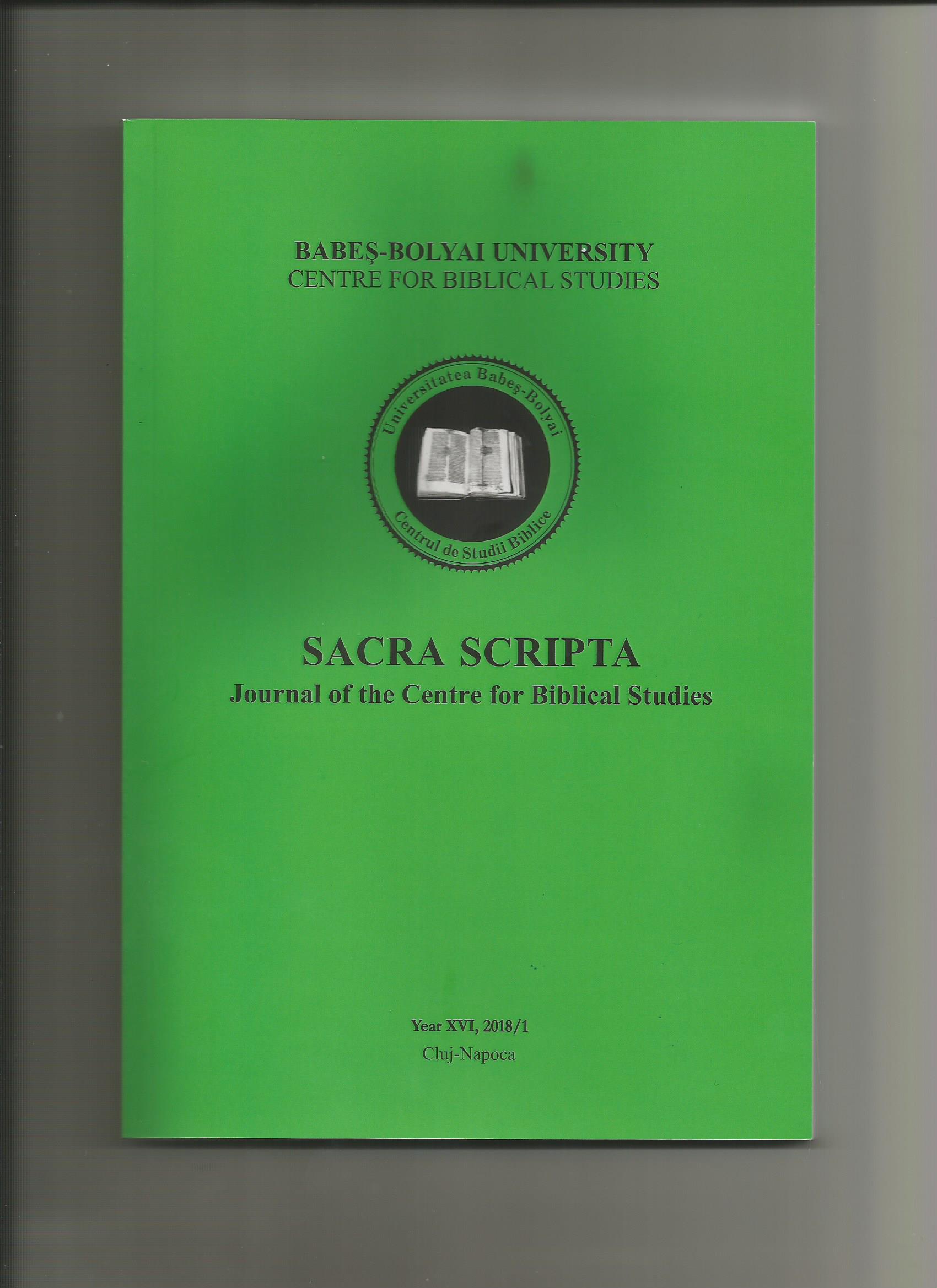Das Neue Testament in der Orthodoxen Kirche und Theologie Hermeneutische Ansätze und Perspektiven. Ulrich Luz zum 80. Geburtstag
The New Testament in the Orthodox Church and Theology Hermeneutic Approaches and Perspectives. Ulrich Luz for his 80th birthday
Author(s): Christos KarakolisSubject(s): History of Church(es), Philosophy of Religion, Biblical studies, Eastern Orthodoxy, Hermeneutics, Sociology of Religion
Published by: Universitatea Babes-Bolyai - Centrul de Studii Biblice
Keywords: Church Fathers; canon; methodology; church tradition; New Testament scholarship; catenae; inspiration;
Summary/Abstract: One of the most important challenges of contemporary Orthodox theology is the possibility of creative dialogue with the methods and the results of modern New Testament scholarship. This paper claims that a combination of the Orthodox theological tradition and New Testament scholarship is not only possible but indeed necessary. Since the first centuries, the Church Fathers have been studying the New Testament by a variety of approaches using the methodological tools of their respective era. The Church Fathers have considered the New Testament as being a book written by inspired human beings and witnessing the divine revelation. During the middle and later Byzantine period, the patristic biblical exegesis has gradually gained so much authority and importance that it became normative for all later interpretations. One could characterize the patristic interpretation of the Holy Scripture during the first Christian centuries as a “canon after the canon.” Modern-day New Testament scholarship is also not free of problems with regard to both method and content. From an Orthodox perspective, this is due to the fact that it often exceeds its own limits by trying to access the uncreated divine reality by using created scholarly methods and categories. The Church Fathers have avoided this inconsistency by developing and following a “double theological methodology,” namely distinct approaches to the created reality and the uncreated one. Just like the Church Fathers made use of the philosophical and theological language and methods of their own time, nowadays Orthodox Theology can significantly profit from the use of the methods and results of New Testament scholarship. This is the only way for it to provide convincing answers to contemporary questions. Such a practice would be an adoption of the true spirit of the Church Fathers, as opposed to merely citing their texts that refer to a different time and focus on different problems from our own.
Journal: Sacra Scripta
- Issue Year: XVI/2018
- Issue No: 1
- Page Range: 83-93
- Page Count: 11
- Language: German
- Content File-PDF

